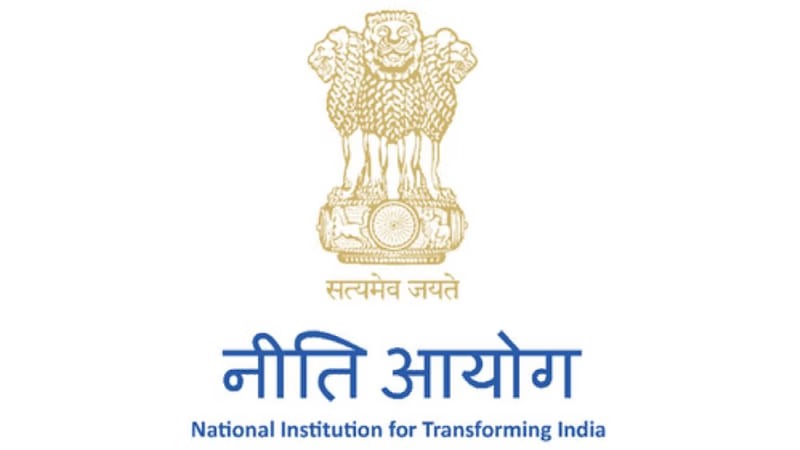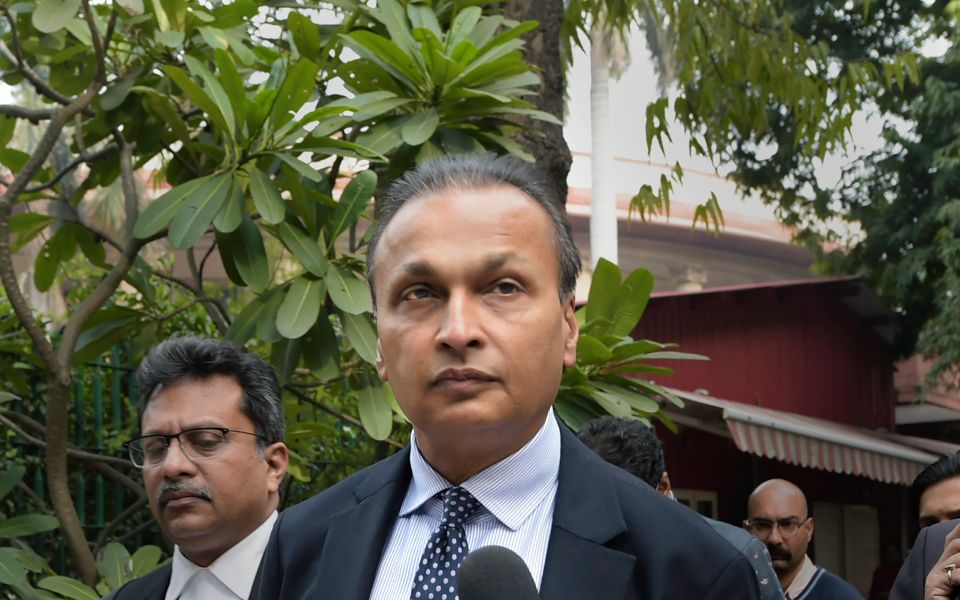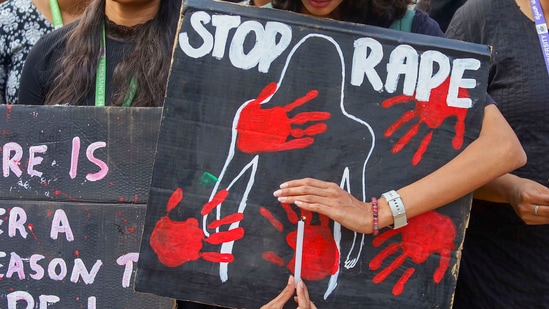New Delhi (PTI): A NITI Aayog report on Monday mentioned Turkiye as one of the nations from which India can adopt global best practices for addressing skill gaps in the country’s medium enterprises.
The report titled 'Designing a Policy for Medium Enterprises' listed programmes of Turkiye in addition to Canada, Singapore and Australia for encouraging medium enterprises.
The report said Turkiye's "KOSGEB provides distance training on entrepreneurship; an effective, easy and flexible entrepreneurship training without time and space constraints by E- Akademi Programme … Entrepreneurship Support Programme, with preferential treatment for women, youth and handicapped entrepreneurs."
Also, observing that Turkiye’s e-Academy is an online training platform providing subsidised courses, enhancing accessibility for SMEs across regions, the report said, "online training programs can be offered at a subsidized rate, and free of cost for marginalized groups (as provided in Turkiye’s e-Academy)."
Turkiye is facing backlash in India for its support to Pakistan during Operation Sindoor, which was launched by the country to destroy terror infrastructure following the Pahalgam terror attack, in which 26 people including tourists, were killed.
India's aviation security regulator BCAS earlier this month revoked the security clearance of Turkish firm Celebi Airport Services India on grounds related to national security with immediate effect.
The NITI report said for medium enterprises to succeed in a globalized market, there is a clear need for a tailored, data-driven approach to skill development that can align with industry needs and ensure a competitive, skilled workforce.
To address challenges faced by medium enterprises, it recommended the introduction of a working capital financing scheme linked to enterprise turnover, a Rs 5 crore credit card facility at market rates and expedited fund disbursal mechanisms through retail banks, overseen by the Ministry of MSME.
The report also suggested the upgradation of existing technology centres into sector-specific and regionally customised India SME 4.0 Competence Centers to promote the adoption of Industry 4.0 solutions.
The Aayog also recommended the establishment of a dedicated R&D cell within the Ministry of MSME, leveraging the Self-Reliant India Fund for cluster-based projects of national significance.
The MSME sector contributes approximately 29 per cent to India's GDP, accounts for 40 per cent of exports, and employs over 60 per cent of the workforce.
Despite its critical role, the composition of the sector is disproportionately weighted -- 97 per cent of registered MSMEs are micro-enterprises, 2.7 per cent are small, and only 0.3 per cent are medium enterprises.
Medium enterprises, though only 0.3 per cent of MSMEs, contribute 40 per cent of MSME exports, showcasing immense untapped potential.
Let the Truth be known. If you read VB and like VB, please be a VB Supporter and Help us deliver the Truth to one and all.
Mumbai, Jul 26 (PTI): Enforcement Directorate searches against the companies of Reliance Group chairman Anil Ambani in Mumbai continued for the third day on Saturday with the agency recovering a number of documents and computer peripherals from multiple locations, official sources said.
The raids were launched on July 24 by the federal probe agency as part of an alleged Rs 3,000 crore worth bank loan fraud-linked money laundering case apart from multiple other allegations of financial irregularities with crores of rupees by certain companies.
The searches, being conducted under the Prevention of Money Laundering Act (PMLA), are continuing at some locations out of the more than 35 premises that were covered in Mumbai since Thursday, the sources said.
These premises belong to 50 companies and 25 people including a number of executives of the Anil Ambani Group companies.
ED sources had said the investigation primarily pertains to allegations of illegal loan diversion of around Rs 3,000 crore, given by the Yes Bank to the group companies of Ambani between 2017-2019.
Reliance Power and Reliance Infrastructure, two companies of the group, had on Thursday informed the stock exchanges saying while they acknowledge the action, the raids had "absolutely no impact" on their business operations, financial performance, shareholders, employees, or any other stakeholders.
"The media reports appear to pertain to allegations concerning transactions of Reliance Communications Limited (RCOM) or Reliance Home Finance Limited (RHFL) which are over 10 years old," the companies had said.
The ED, the sources had said, has found that just before the loan was granted, Yes Bank promoters "received" money in their concerns.
The agency is investigating this nexus of "bribe" and the loan.
The sources said the ED is also probing allegations of "gross violations" in Yes Bank loan approvals to these companies including charges like back-dated credit approval memorandums, investments proposed without any due diligence/credit analysis in violation of banks credit policy.
The loans are alleged to have been "diverted" to many group companies and "shell" (bogus) companies by the entities involved.
The agency is also looking at some instances of loans given to entities with weak financials, lack of proper documentation of loans and due diligence, borrowers having common addresses and common directors in their companies etc., the sources said.
The money laundering case stems from at least two CBI FIRs and reports shared by the National Housing Bank, SEBI, National Financial Reporting Authority (NFRA) and Bank of Baroda with the ED, they said.
These reports indicate, the sources said, that there was a "well-planned and thought after scheme" to divert or siphon off public money by cheating banks, shareholders, investors and other public institutions.
The Union government had informed the Parliament recently that the State Bank of India has classified RCOM along with Ambani as 'fraud' and was also in the process of lodging a complaint with the CBI.
A bank loan "fraud" of more than Rs 1,050 crore between RCOM and Canara Bank is also under the scanner of the ED apart from some "undisclosed" foreign bank accounts and assets, the sources said.
Reliance Mutual fund is also stated to have invested Rs 2,850 crore in AT-1 bonds and a "quid pro quo" is suspected here by the agency.
Additional Tier 1 (AT-1) are perpetual bonds issued by banks to increase their capital base and they are riskier than traditional bonds having higher interest rates. An alleged loan fund diversion of about Rs 10,000 crore involving Reliance Infrastructure too is under the scanner of the agency.
A Sebi report on RHFL is also part of the ED probe.
The companies also said in their filings before the stock exchanges that Anil Ambani was not on the Board of either Reliance Power or Reliance Infrastructure and that they had no "business or financial linkage" to RCOM or RHFL.
Any action taken against RCOM or RHFL, the companies said, has no bearing or impact on the governance, management, or operations of either Reliance Power or Reliance Infrastructure.





